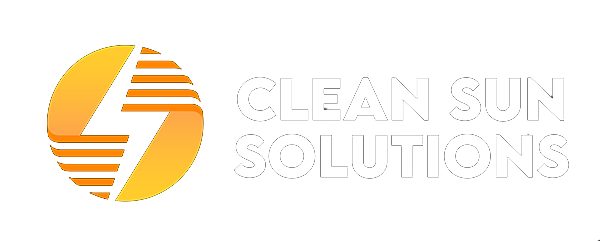What is a Solar Inverter and How Does It Work?
If you're thinking of switching to solar power to reduce your energy bills, you've probably heard of solar inverters. But what exactly is a solar inverter, and how does it work? In this article, we'll demystify solar inverters, explain their importance in home solar systems, and help you decide which type of inverter is right for your needs.
What is a Solar Inverter, and How Does It Work?
A solar inverter is a device that converts the direct current (DC) electricity generated by your solar panels into alternating current (AC) electricity, which can be used to power your home. The process starts with sunlight striking the solar panels, which produces DC power. The solar inverter then converts this DC power into AC power, which is compatible with the electrical grid and your home's appliances.
Types of Solar Inverters
There are three main types of solar inverters: string inverters, microinverters, and power optimizers. String inverters are the most common and affordable type, and they're used in most residential solar installations. Microinverters are newer and more expensive and offer several advantages over string inverters, including better performance in partial shade and individual panel-level monitoring. Power optimizers are similar to microinverters but are paired with string inverters for more efficient energy harvesting.
Choosing the Right Solar Inverter for Your Home
When selecting a solar inverter, you'll need to consider factors such as your energy needs, budget, and shading conditions. If you have a large system and don't expect significant shading, a string inverter is an excellent choice. If you have a smaller system or expect partial shading, a microinverter or power optimizer may be a better choice.
Importance of Solar Inverters in Home Solar Systems
Solar inverters are an essential component of home solar systems because they enable your solar panels to generate usable electricity. Without an inverter, the DC electricity generated by your solar panels would be useless, as it's incompatible with your home and the electric grid. In addition to converting DC power into AC power, solar inverters also monitor and manage your solar system's performance, protecting it from overvoltage, under voltage, and other issues.
Summary:
Now that you know what a solar inverter is, how it works, and why it's essential for your home solar system, you can make an informed decision when choosing an inverter for your energy needs. Whether you go with a traditional string inverter or a microinverter or power optimizer, having a solar inverter is a crucial step in reducing your energy bills, increasing your home's energy efficiency, and contributing to a cleaner, more sustainable planet. So why wait? Go solar today and start enjoying the many benefits of renewable energy!

